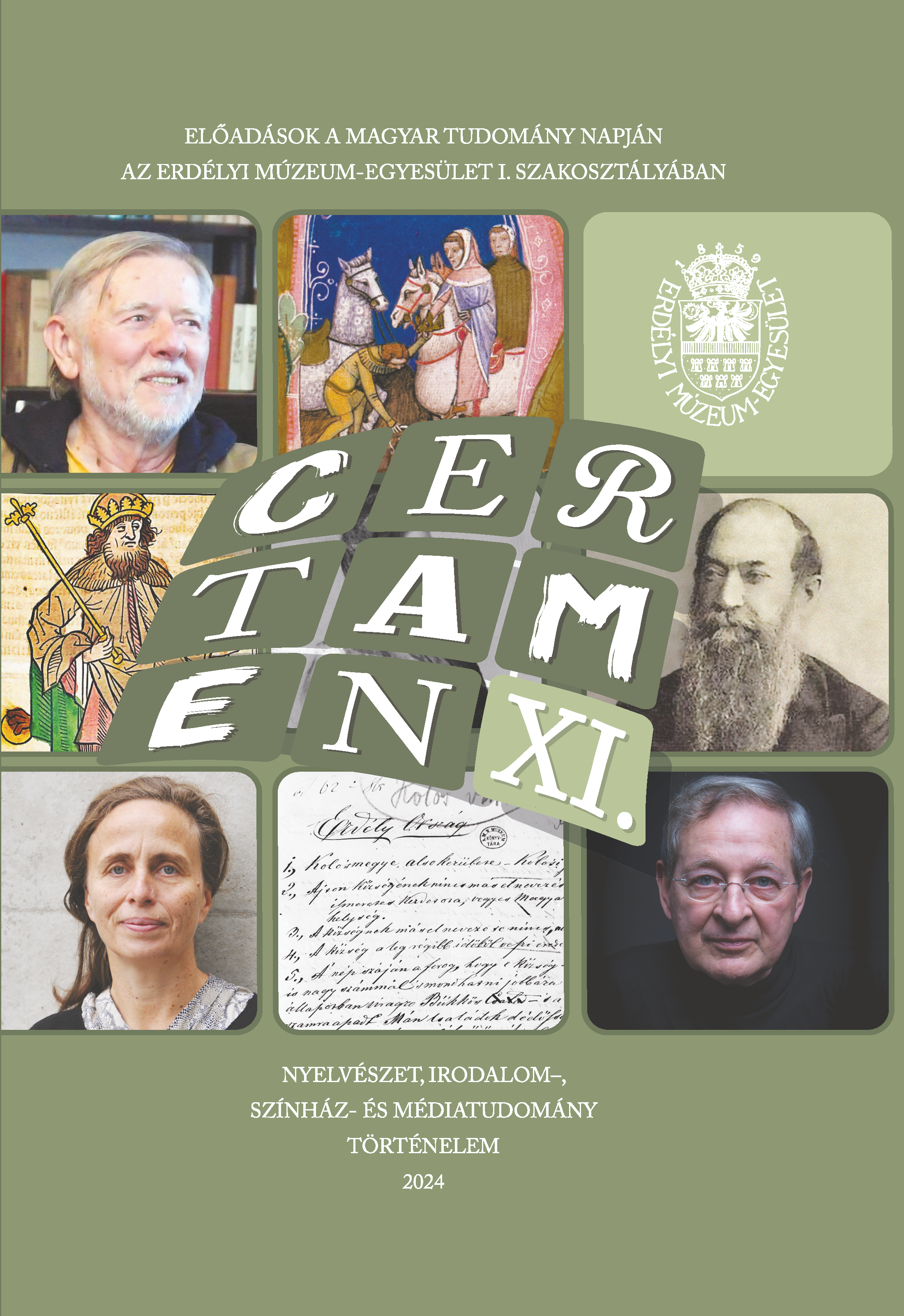Péchi Simon Talmud-fordításainak hátteréről
The Background of Simon Péchi’s Talmud Translations
Author(s): Réka Újlaki-NagySubject(s): Cultural history, History of ideas, 17th Century, History of Religion
Published by: Erdélyi Múzeum-Egyesület
Keywords: Sabbatarianism; Talmud translations; Pirkei Avot; mosaic law; oral law/oral Torah
Summary/Abstract: Simon Péchi, the imprisoned Transylvanian chancellor spent his time in captivity and the following years translating the most fundamental works of rabbinic literature into Hungarian. By accomplishing this, he pioneered the earliest vernacular translations of these texts in Europe. As a first endeavor, he translated the most beloved tractate of the Talmud, the Sayings of the Fathers, along with the commentary by a medieval moralist, Joseph ben Chaim Yabez. However, he was not satisfied with this commentary, and approximately a decade later, he produced another translation of the Sayings of the Fathers, this time with a commentary by Joseph ben Abraham Hayyun, the master of Yabez. In my study, I attempted to investigate the question of what could have been the reason behind Péchi’s translations beyond his personal interest. Why does Péchi begin his translations from rabbinic literature with this particular tractate, and why does he consider this text so important that he undertakes two different attempts with two different commentaries? In my study, I argued that Péchi’s translational work was already shaped by the essential needs of the Sabbatarian community during his years in prison. Through his translations, he primarily sought to assist in fulfilling the essential obligation of studying the written and oral law (i.e., the Talmud).
Journal: Certamen
- Issue Year: 2024
- Issue No: XI
- Page Range: 249-259
- Page Count: 11
- Language: Hungarian

